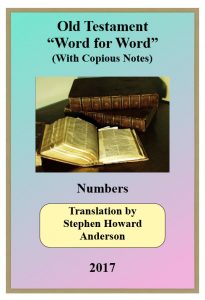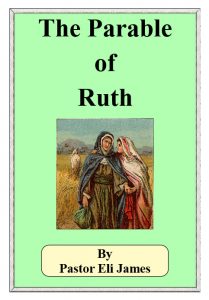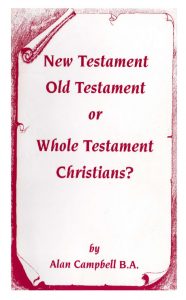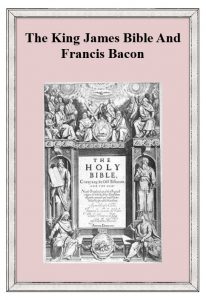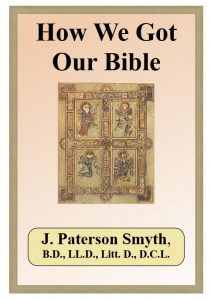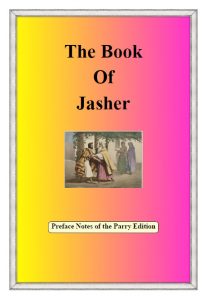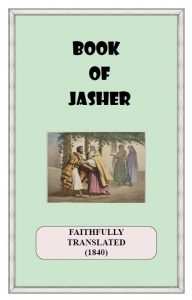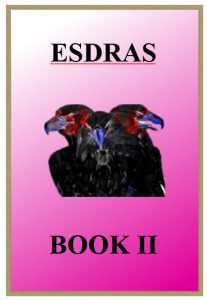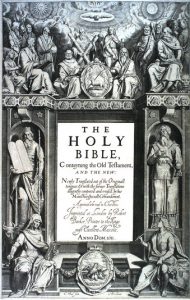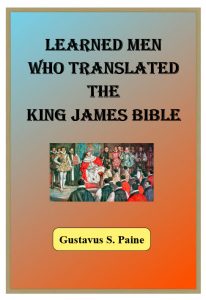rabdmb B’mid’bar
( Book of Numbers )
THE ACTUAL NAME OF THIS BOOK IS “IN THE WILDERNESS”. It has been changed to “Numbers”, because they mustered the troops, and counted them, so they called it “Numbers”. In this book, there are often several men with the same name in some passages, and they must be differentiated by their FATHER’s name. As in my prior works, all proper names of people and places will be in the Hebrew spelling, with English letters. When several English words are need for one Hebrew word I will underline them for the first usage, followed by their Strong’© number. Compare this text with whatever translation you use, and you will note the differences where the scribes have tampered with the verses. Don’t be surprised at some radical differences, as the scribes have done much damage. Where Yahweh is speaking, the text will be in bold type.
This work is Copyrighted © by Stephen H. Anderson, and may not be reproduced for profit. Quotations from the text are permitted, but only with no alterations, and due credit given to the translator. Enjoy your studies, and may Yahweh Bless and Keep You.
Stephen H. Anderson, Translator
